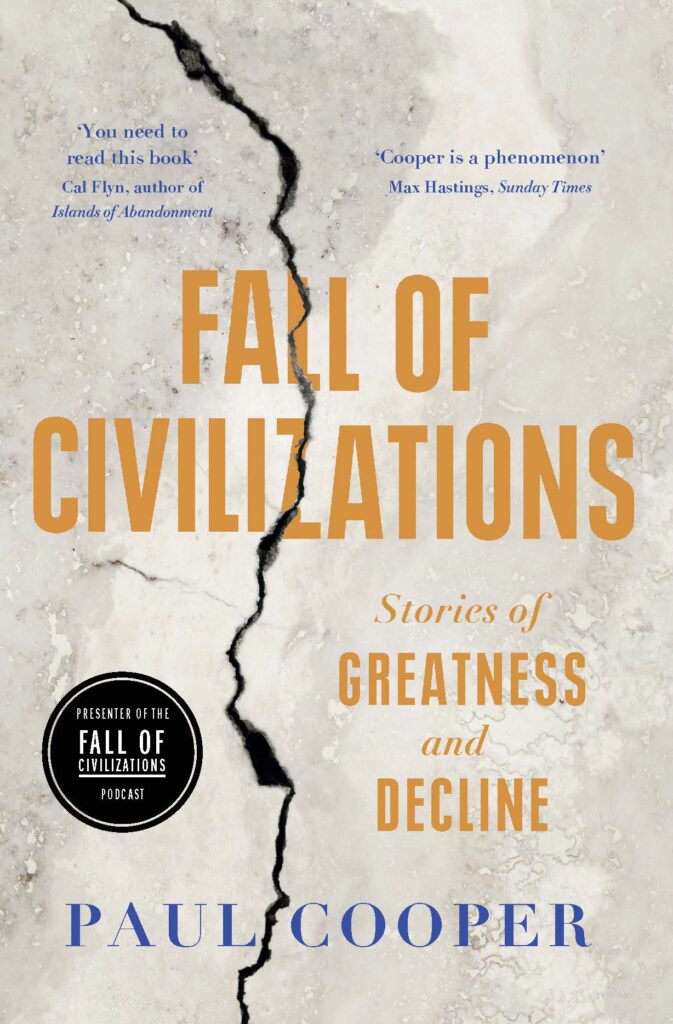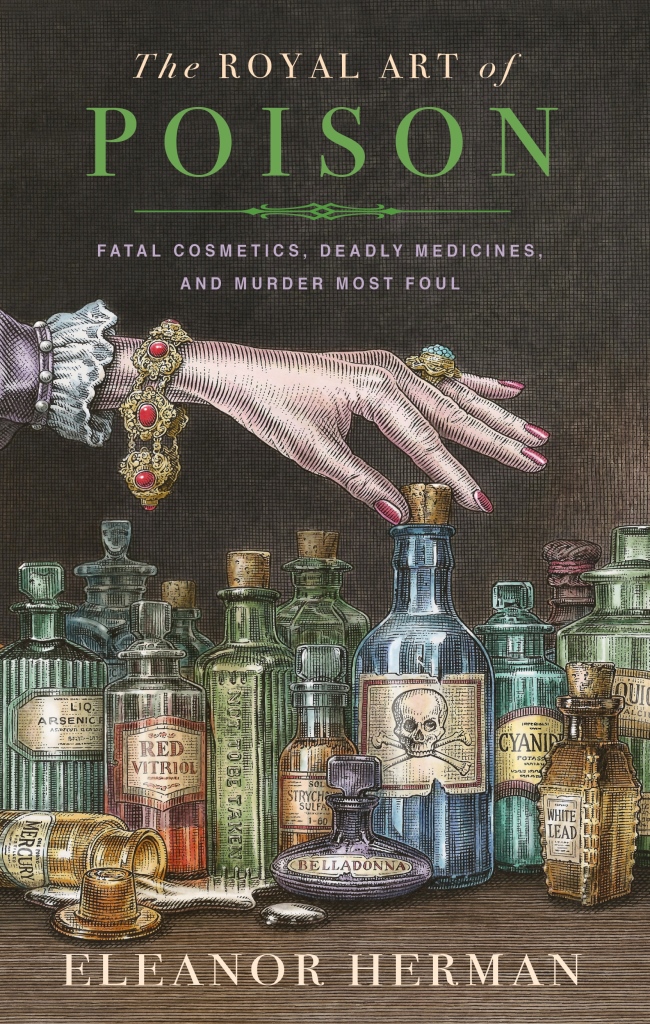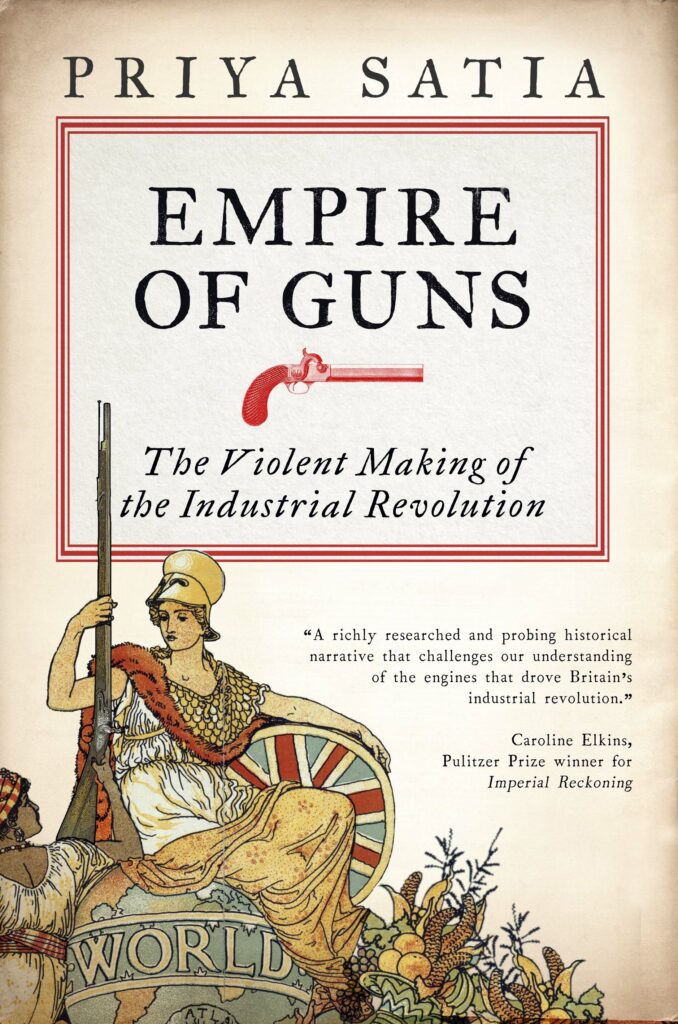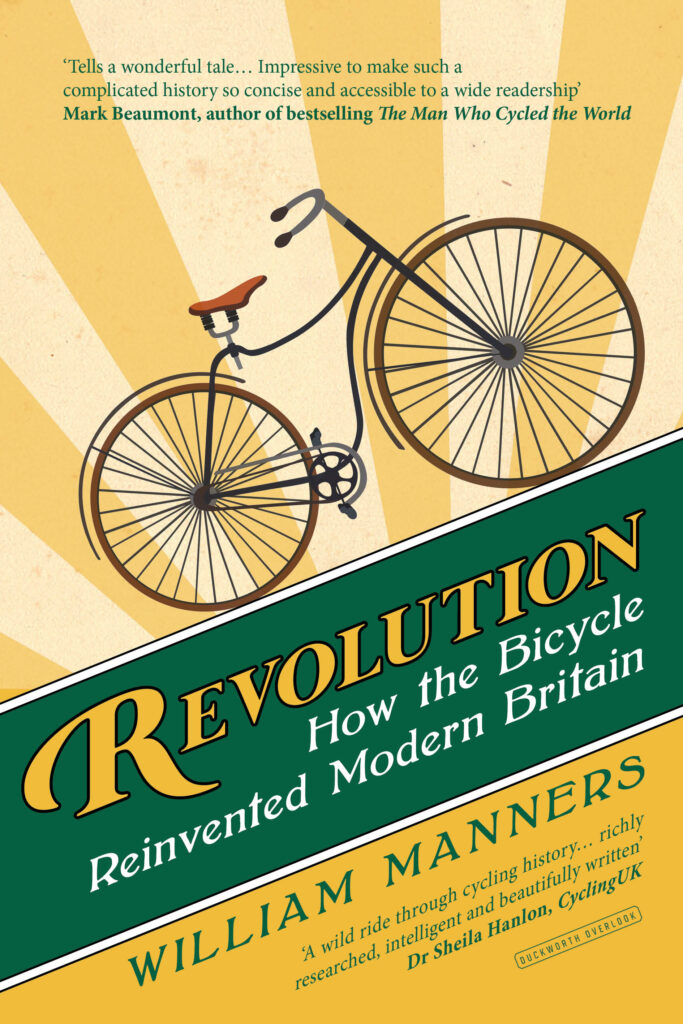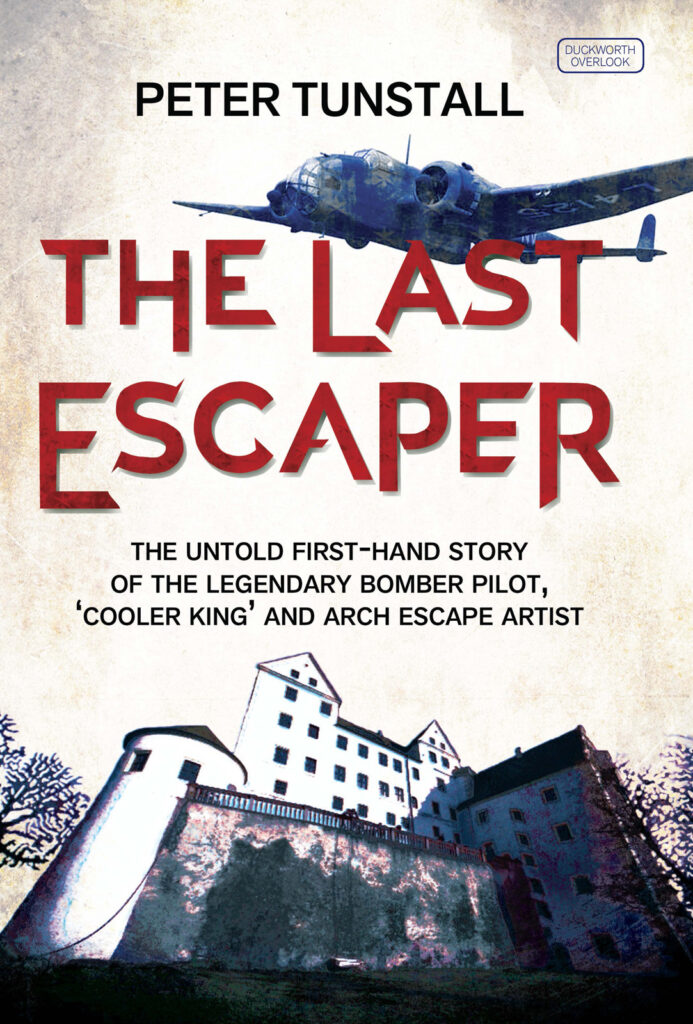In 1839, a red-haired girl in search of adventure ran away from an English boarding school and attempted to board a ship headed for India. Her name was Eugénie de Montijo, and within fifteen years, she would be Empress of France, and one of the most powerful women in the world.
Eugénie’s unconventional life began in the dying days of the Spanish empire, would take her to the literary salons of Paris and, finally, to the throne of France itself as the wife of Napoleon III. Famed for her beauty and her athleticism, she would become a powerful advocate for women and children’s rights. She created haute couture as we know it, all while displaying a razor-sharp understanding of geopolitics. But the triumphs of her life were coupled with heartbreak and tragedy, and today her legacy is barely known.
The Last Empress of France is a gloriously witty and entertaining biography of one of history’s most charismatic figures, and a thoughtful exploration of the century that shaped her, and which she shaped in turn.
